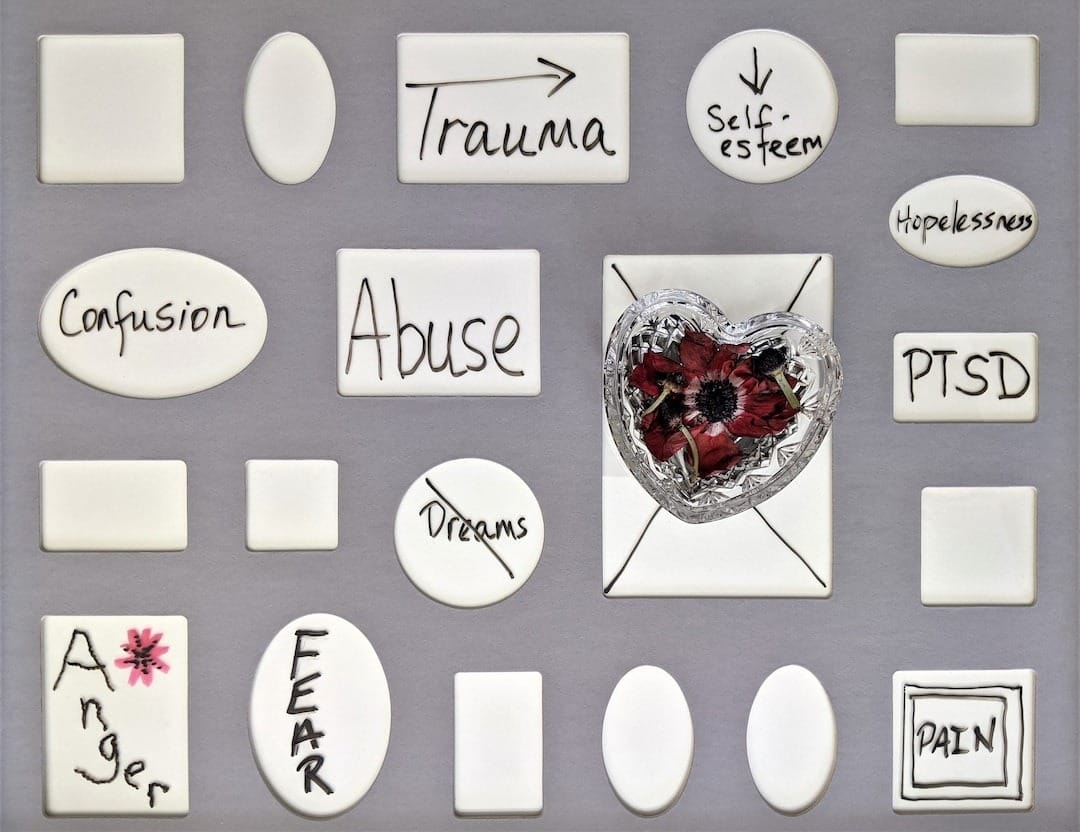Bipolar disorder runs rampant in the US and shortens and potentially ends lives. The condition is a complicated and multifactorial disorder. Symptoms such as severe mood swings, anxiety, depression, post-traumatic stress disorder (PTSD), substance abuse, and sleep issues can wreak havoc on individuals’ lives.
Today’s medical community has a better grasp on it than in the past, but it’s still not entirely understood by doctors and the public alike. The multiple and varied symptoms can make it easy to misdiagnose and not easy to treat. Many individuals go through trial runs with many medications and combo-med “cocktails” when their doctors try to figure out what works. Partially this is due to the widespread uncertainty of specific causes of the condition.
What causes it? Understanding the roots of the condition can lead to more acceptance and less shame or feelings of hopelessness in individuals. It also can provide more incentive for them to seek treatment and up the odds for recovery.
Bipolar Disorder: Nature or Nurture?
It is widely accepted that genetics and heredity play a strong role, especially for clients with a close family member with the condition. In a 2014 study, 60-80 percent of individuals with the condition inherited it from relatives, according to the National Center for Biotechnology Information (NCBI).
This isn’t surprising, as many medical conditions pass from generation to generation of affected families. Knowing this can help individuals cope, thinking, “it has nothing to do with me personally – I inherited it,” just like physical traits such as green eyes or olive skin.
That’s not necessarily the “aha” moment that makes them feel relieved. Because family members may have had different severeness levels and different symptoms. Plus, several types of bipolar are recognized in the medical community – bipolar 1, bipolar 2, cyclothymia, rapid cycling bipolar, bipolar with mixed features, seasonal-patterned bipolar, and unspecified bipolar. Additionally, something certainly troublesome like a sleep disorder symptom isn’t necessarily apparent to the outside world, but severe mood swings that cause issues with jobs or relationships can be.
Bipolar Disorder Stigmas
Additionally, mental health issues are not nearly as stigmatized now as they have been in earlier generations. So older generations tended to handle them with much more secrecy, potentially being completely in denial and not seeking treatment whatsoever.
A 25-year-old individual today, for example, might not even know that their relatives had the condition because it was kept a family secret, leading to them thinking it originated with them. Especially if the person is vocal and upfront with their family about the condition, which might make the individual think they are the only person with these complications in the family. This could also potentially cause families to try to deter them from seeking treatment as it would “out” them as someone with a not-publicly-well-understood, potentially-embarrassing condition.
How Childhood Abuse Contributes to Bipolar Disorder
Environmental causes – such as childhood abuse – can also lead to bipolar.
In a 2005 study, the National Library of Medicine reported that histories of severe childhood abuse were identified in about half of the participants and were associated with early age at illness onset. Abuse subcategories were strongly correlated. Severe emotional abuse was substantially linked with lifetime substance misuse comorbidity and continual rapid cycling of moods. Logistic regression showed a notable correlation between life-long suicide attempts and severe childhood sexual abuse. Many forms of abuse showed a marked increase in risk for both suicide attempts and rapid cycling.
The study revealed that severe childhood trauma also could lead to more intense psychopathological manifestations, such as schizophrenia, which causes delusions and hallucinations.
Realizing childhood abuse probably factored into their bipolar disorder diagnosis can make individuals realize that painful things they remember growing up – which they’ve likely repeated over in their heads for years – can lessen the shame and confusion. It’s logical that painful experiences such as emotional or physical abuse would lead to an acceptance that the disorder really isn’t their fault. They see how parents or other adults’ abusive behavior affected them and understand it’s not their faulty character or intelligence to blame for their perceived personality flaws.
Other Causes of Bipolar Disorder
Though nature and nurture are the most commonly cited causes, other things can trigger the condition. Biological differences can also contribute to bipolar disorder. Those with it appear to have physical changes in their brains. The significance of these alterations is still not completely understood by the medical world but may eventually help pinpoint causes.
Physical trauma – such as severe car accidents, bad falls, and other types of injuries – has been noted as well. Such shock to one’s system – especially at an early age – has an effect on the brain. Trauma can cause a person’s brain to remain in a state of hypervigilance, hurting memory and impulse control and yielding a state of constant emotional over-reactivity.
Though the exact cause or combination of causes remains in the air, more knowledge of the condition and treatments have evolved in the medical community, and those things continue to improve. Individuals with symptoms of the condition can learn more by seeking a medical examination that could lead to successful treatment.
Bipolar disorder still remains somewhat of a mystery to the medical community. There is not one specific cause of the condition, because it is so different in everyone. There are a large number of symptoms that vary in severity levels for each individual. It is usually attributed to hereditary. But is that the only indicator? Scientific research shows that nature is combined with nurture as well as other causes. Individuals who understand the different causes can get a better understanding of the “why me,” and potentially feel better about themselves. This can lead to more incentive to seek treatment. Reach out to Acera Health for more information about our programs by calling (949) 647-4090.









